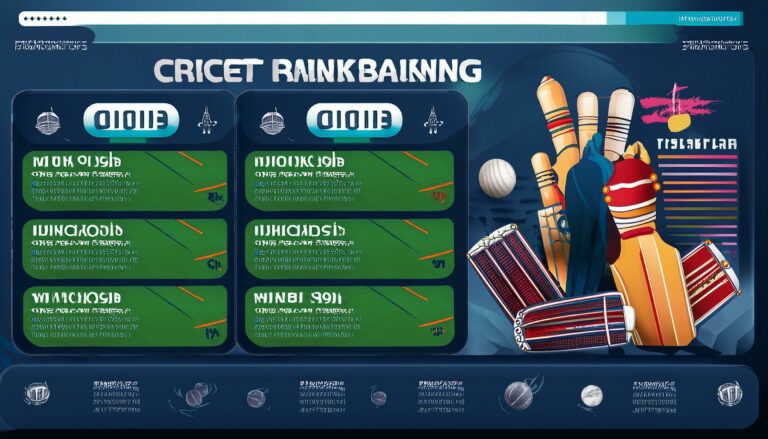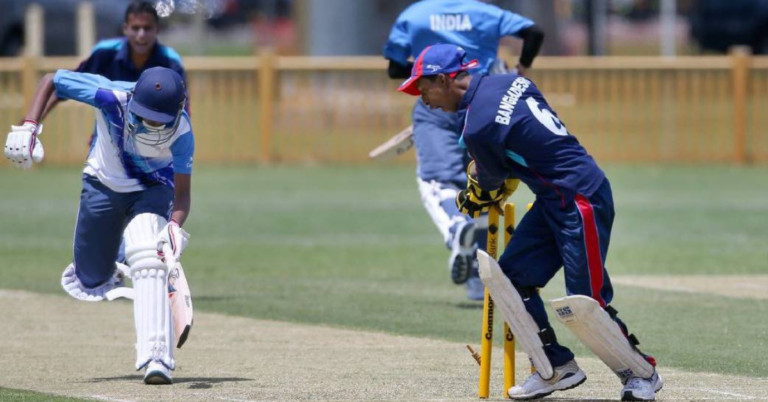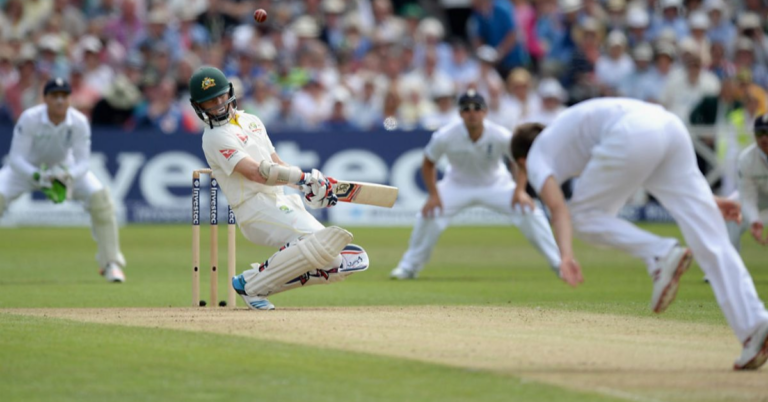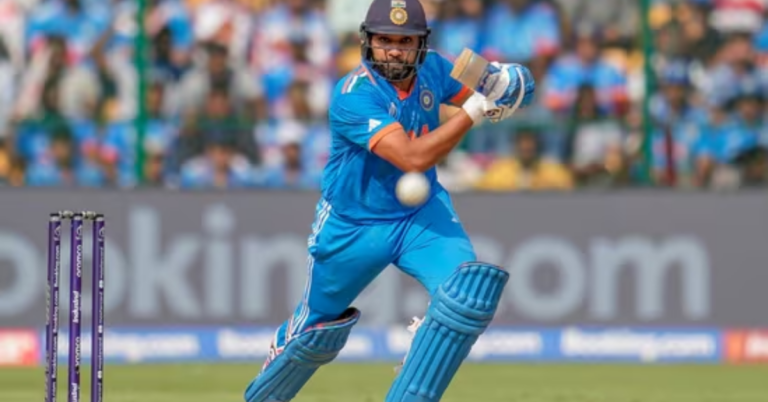Exploring Cricket’s Impact on South Asian Diaspora Communities
Sky247, Betbook247: Cricket’s history is interwoven with key historical events that have shaped the game and its significance to societies across the globe. From its origins in England during the 16th century to becoming a colonial export to different parts of the British Empire in the 19th century, cricket has been linked to moments of cultural exchange and power dynamics.
During the 19th and 20th centuries, cricket played a pivotal role in mirroring the social and political landscapes of various countries. For instance, the apartheid era in South Africa saw cricket deeply entangled with racial segregation, with the exclusion of non-white players from the national team. Similarly, in India, the sport became a symbol of national pride and unity during the struggle for independence against British colonial rule.
The Role of Cricket in Identity Formation
Cricket, revered as a national sport in countries like India and Pakistan, plays a pivotal role in shaping individuals’ sense of identity. For many, cricket is deeply intertwined with their cultural heritage and traditions, fostering a strong sense of national pride and unity. The game serves as a symbol of resilience, where victories and defeats on the cricket field mirror the ebbs and flows of life, resonating deeply with fans.
From a young age, individuals are often introduced to cricket through familial ties, with parents passing down their love for the game through generations. As young fans watch their cricketing heroes don their national colors on the field, they forge a connection to their roots and a sense of belonging to a larger community. These shared experiences of triumphs and setbacks in cricket become part of a collective memory, weaving a narrative of identity that transcends geographical boundaries and cultural differences.
• Cricket is deeply intertwined with cultural heritage and traditions
• Foster a strong sense of national pride and unity
• Symbol of resilience, victories and defeats mirror life’s ebbs and flows
• Introduced to cricket through familial ties, passed down through generations
• Connection to roots and sense of belonging to a larger community
• Shared experiences in cricket become part of collective memory
Cricket as a Cultural Connector
Cricket has long served as a significant cultural connector among nations with diverse histories and backgrounds. The sport’s ability to transcend boundaries and foster camaraderie among people from different cultures is truly remarkable. Through shared enthusiasm for the game, individuals find common ground and forge connections that extend beyond geographical borders.
In addition to its unifying power, cricket plays a crucial role in promoting cultural exchange and understanding. Tournaments and matches provide platforms where players and spectators from various countries come together, showcasing not only their athletic prowess but also their unique traditions and values. This exchange of ideas and experiences fosters a sense of mutual respect and appreciation, strengthening the bonds between communities worldwide.
What are some key historical events related to cricket?
Some key historical events related to cricket include the formation of the Marylebone Cricket Club in 1787, the first-ever cricket Test match between Australia and England in 1877, and the establishment of the International Cricket Council in 1909.
How has cricket played a role in identity formation?
Cricket has played a significant role in identity formation by uniting people from different backgrounds and cultures under a common love for the sport. It has helped create a sense of national pride and unity among citizens of countries where cricket is popular.
How does cricket act as a cultural connector?
Cricket acts as a cultural connector by bringing people together across different countries, languages, and socio-economic backgrounds. It serves as a common ground for people to bond over shared experiences, values, and traditions associated with the sport.
How has cricket influenced social and political movements?
Cricket has influenced social and political movements by providing a platform for individuals to voice their opinions and advocate for change. It has been used as a tool for promoting social justice, equality, and inclusivity in various societies.







